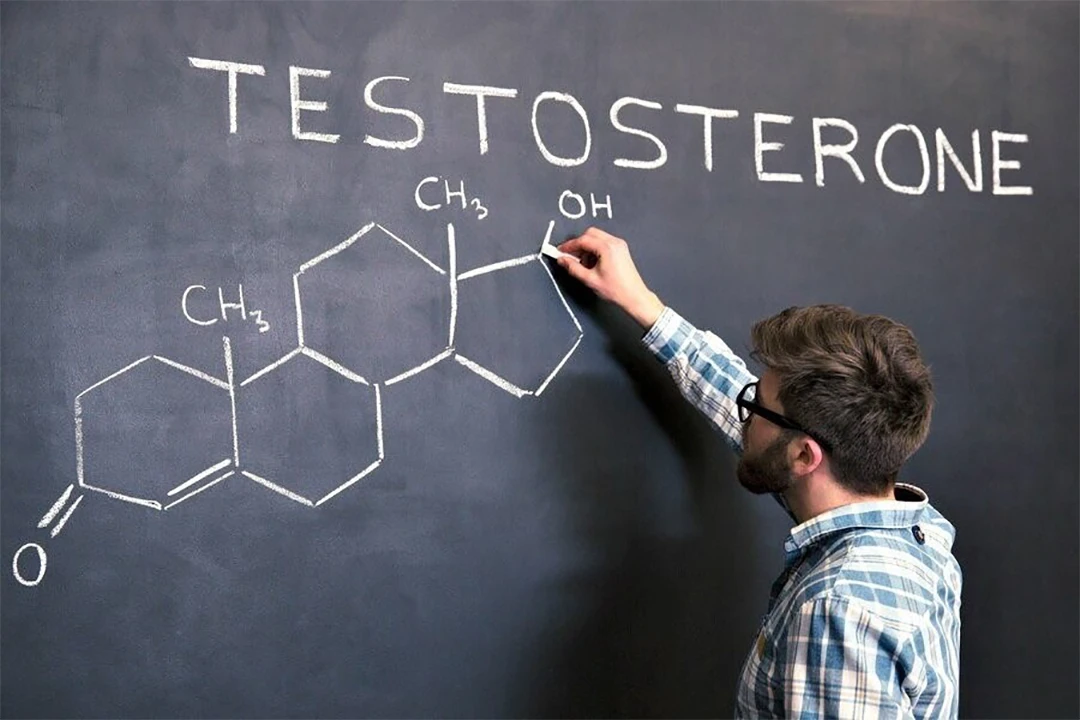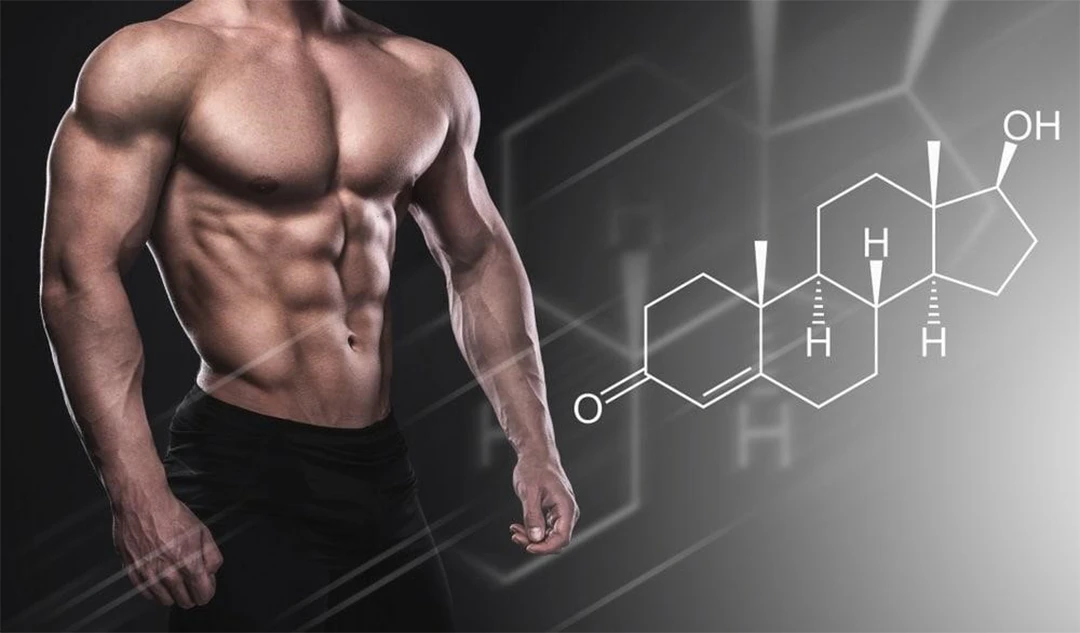 Many myths encircle the use of testosterone therapy to treat low testosterone although this treatment option has gained widespread popularity among men.
Many myths encircle the use of testosterone therapy to treat low testosterone although this treatment option has gained widespread popularity among men.
People hold contradictory opinions regarding aggression outcomes when using therapy with athletes or their ability to trigger serious health risks.
Testosterone Therapy for Men emerges as a medical procedure under doctor supervision that maintains hormone equilibrium so patients can experience better wellness and a better quality of life.
The article analyzes testosterone therapy by studying its safety measures while clarifying the advantages and eliminating typical misunderstandings about this transformative medical solution.
The Safety and Effectiveness of Testosterone Therapy: What Men Need to Know
Under medical guidance, patients receive Testosterone therapy as a clinical method to improve hormonal balance among men with abnormally low testosterone levels.
Testosterone therapy treats the most frequent symptoms of fatigue in addition to low libido, tissue deterioration, and emotional instability. A healthcare professional’s proper administration of testosterone therapy makes the treatment both secure and productive.
Widespread scientific research demonstrates that testosterone treatment boosts vitality, improves cognitive function, and establishes wellness benefits.
Men can select from different delivery methods such as injections, gels, patches, and implants that let them find treatment options aligned with their daily routine.
Patients who receive medical check-ups can maintain their testosterone levels within proper ranges, which minimizes possible side effects.
Testosterone therapy offers individualized treatment programs to patients as its primary benefit. Different people will react differently to treatment so treatment adjustments need to be possible.
Appropriate use of testosterone therapy results in both safety and efficiency as an enhancement for improving quality of life.
Although the proven benefits exist many people continue to believe in false ideas about this treatment. Knowledge of exact facts about these myths helps people make better decisions regarding testosterone therapy.
Debunking the Myths vs. Facts of Testosterone Therapy for Men
Testosterone therapy exists within an atmosphere of false beliefs that instill unneeded apprehension among people. Different groups fear that testosterone therapy results in aggression affects athletes primarily, and elevates health dangers.
Professional medical testosterone treatment stands as a proven secure technique to deal with low testosterone conditions among male patients. Men need to distinguish truth from fiction so they can decide wisely about their wellness and recognize hormone therapy advantages.
1. Testosterone Therapy Causes Aggression
Many people believe that testosterone therapy results in aggressive behavior or the development of “roid rage” symptoms.
People believe this misconception because they observe the undesirable effects of misused anabolic steroids which represents a different class of medications when compared to medical testosterone therapy.
Fact: Correct application of testosterone therapy therapy produces no negative effects on aggression levels in patients. The reverse occurs according to factual evidence as testosterone therapy helps men maintain emotional stability.
The decrease of testosterone in the body leads to increased irritability and mood swings then progresses to depression. A healthy testosterone restoration allows men to achieve a better emotional state along with increased patience and an optimistic life perspective.
Several medical studies confirmed there is no evidence that supports a connection between testosterone therapy and increased aggression when used to treat people with clinically low testosterone levels.
2. Only Athletes and Bodybuilders Use Testosterone Therapy
 Many individuals believe testosterone therapy exists only to help athletes and bodybuilders build their muscle strength and athletic performance.
Many individuals believe testosterone therapy exists only to help athletes and bodybuilders build their muscle strength and athletic performance.
The muscle-building effects of testosterone serve as an important treatment aspect but the therapy does not exist solely for athletes and bodybuilders.
Fact: A medical procedure named testosterone therapy exists as a treatment for men who show low testosterone levels which pose a clinical medical threat.
Therapy is established as a medical tool that helps patients deal with symptoms encompassing fatigue and diminished sexual desire, as well as decreased muscle tissue and loss of brain functioning.
All groups of men who use testosterone therapy receive benefits, including professional workers and people in retirement age, as well as people seeking a better life quality.
The therapy functions as a therapeutic solution for treating hormone discrepancies rather than acting as a performance booster.
3. Testosterone Therapy Increases Prostate Cancer Risk
Previous studies about testosterone and prostate cancer created this false belief which still endures today. A multitude of modern scientific investigations fail to demonstrate a relationship between testosterone therapy and prostate cancer.
Fact: Medical research does not prove that testosterone therapy raises the likelihood of prostate cancer development. Studies from recent years show that males who have low testosterone face a greater chance of developing dangerous prostate cancer forms.
When healthcare providers supervise the treatment properly it remains both risk-free and lacks connection to prostate cancer formation. Medical checks performed by doctors ensure safe and effective treatment of the prostate gland.
4. Stopping Testosterone Therapy Is Impossible
A few men incorrectly think that testosterone therapy leads to lifelong commitment because they will experience major withdrawal symptoms if they stop the treatment.
Fact: Testosterone therapy gives major advantages to users but patients do not need to stay on it permanently. Medical professionals determine treatment based on individual patient needs while making possible changes to the plan during its progression.
Men sometimes decide to stop therapy treatment when their symptoms fade away or they discover better suitable solutions. Medically supervised stoppages of testosterone treatment should always be performed to guarantee a controlled withdrawal process.
Doctors can provide strategies to control brief side effects that specifically affect men who undergo this therapy. The usage of testosterone therapy functions as a flexible approach that people do not need to continue indefinitely.
5. Natural Supplements Are Just as Effective as Medical Therapy
Many people think natural supplement products offer equally beneficial outcomes as medical testosterone therapy because such products are available without a prescription in stores.
Fact: While proper diet along with exercise and quality sleep promotes testosterone production natural supplements deliver less effectiveness than medical testosterone supervision.
Numerous supplements do not have backing scientific evidence while existing without proper regulation, which creates uncertainties about their safety standards and effectiveness.
The use of medical testosterone therapy gives patients dosage levels that medical professionals determine specifically for each person’s needs, and these medical treatments have ongoing professional monitoring by healthcare providers.
Men who display clinically low testosterone levels usually need more than natural remedies to reach their optimal hormone levels.
Final Thoughts
Testosterone treatment represents a medically certified solution that addresses hormonal disorder symptoms effectively while persistent unproven misconceptions persist among people. Health decisions require knowledge about facts before reaching any conclusion.

